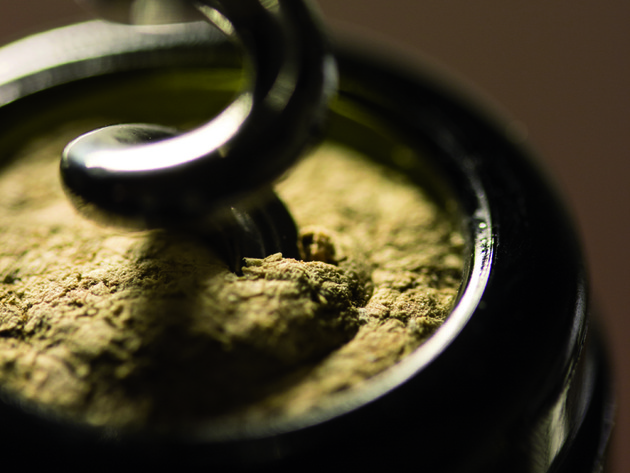
Cork Supply comes close to eliminating TCA
Portuguese closure manufacturer Cork Supply has unveiled new TCA extraction technology that it claims can achieve a success rate of 99.85% in eliminating the risk of cork taint in cork-sealed wines.
Called PureCork, the firm says that the updated manufacturing processes involved are ready to be rolled out following a period of successful testing.
“The technical principle behind the two technologies incorporated in the INNOCORK Circuit (responsible for the PureCork guarantee) is steam distillation for volatile extraction from solids,” explained Cork Supply founder and president Jochen Michalski. “Steam distillation allows for thermal TCA elimination without damaging the cork structure.”
According to Michalski, the success rate of 99.85% has been extrapolated from extensive tests undertaken with the pilot system.
“Essentially the process efficiency for TCA extraction is monitored by using corks with known releasable TCA levels. These corks are inspected and analysed for TCA after the full cycle is complete,” he said.
However, the founder of Cork Supply added that a 100% guarantee of TCA elimination (in corks for still wines) was probably unrealistic – at least for the time being.
Nevertheless, Cork Supply said it has achieved a complete success rate with the manufacturer of sparkling closures.
“For micro-agglomerated sparkling corks made using cork granules, we have the VINC Cuvée cork, which is TCA free and has an individual cork guarantee. That means that each VINC Cuvée cork is guaranteed to be free of TCA,” said Michalski.
Just a decade or two ago, the demise of cork was a perennial topic in the trade; sales of natural cork had been declining since 2000, replaced by alternative closures and with screw cap leading the pack.
But sales are now in resurgence, buoyed by a series of milestone technological advancements designed to eradicate the risk of TCA, restoring both trade and consumer trust in the closure.
In July 2019, cork producer Amorim launched NDtech Sparkling, a revolutionary screening system for sparkling wine closures. It joins NDtech, the system for natural cork stoppers introduced in 2016. Both systems offer wineries a “non-detectable TCA guarantee”, employing a screening system that safeguards against TCA-infected corks entering into distribution.
The firm has pledged to eradicate the risk of TCA across its portfolio by 2020.
However, Dominique Tourneix, CEO of Diam Bouchage, has suggested that the R&D spending priorities among cork manufacturers is due for a review. Formerly targeted at TCA eradication, Tourneix believes that the industry must also focus on issues such as oxygen ingress rates, in addition to the ongoing pioneering technologies designed to fight TCA.
“The most important advancement has been the release of scientific work on the impact of oxygen transfer through cork closures used to seal wine - accurate measurements have shown the general inconsistency of traditional punched cork and the more consistent structure of micro-structured cork for which it is also possible to manage OIR/OTR (Oxygen Ingress and Transfer ratio) according to customer specifications,” said Tourneix.
Nomacorc has also invested unprecedented resources into improving oxygen management at all stages of winemaking. The brand has been heavily focused on eco-friendly closures - owner Vinventions pioneered the innovative SÜBR M5 and SÜBR F7 cork, the world’s first glue-free micro-agglomerated closure, which uses a plant-based binder commonly used in the food packaging industry.
Keywords:
- wine
- closure
- Amorim
- cork taint
- TCA
- eradication
- stopper
- Cork Supply
- INNOCORK Circuit
- PureCork
- Diam Bouchage
- oxygen ingress
- Nomacorc





